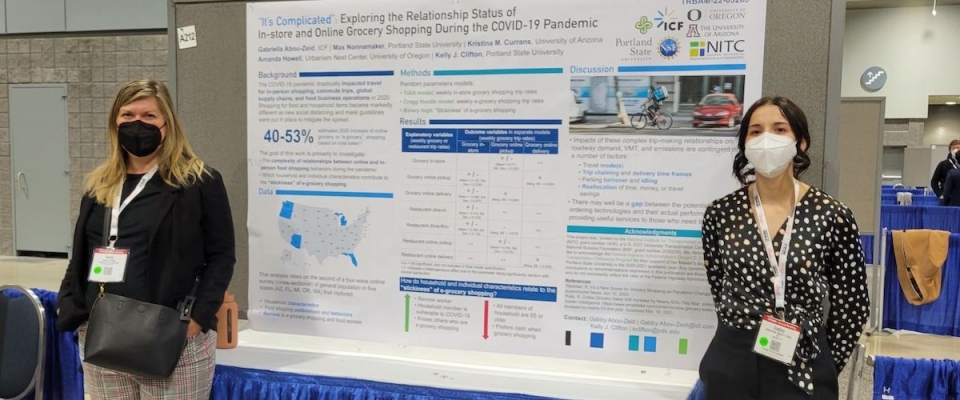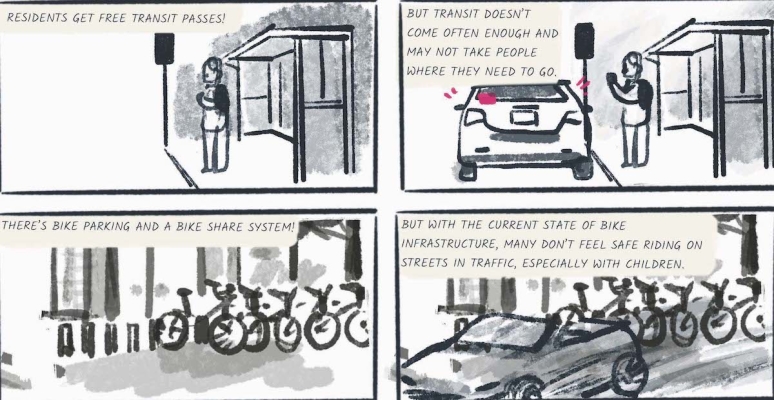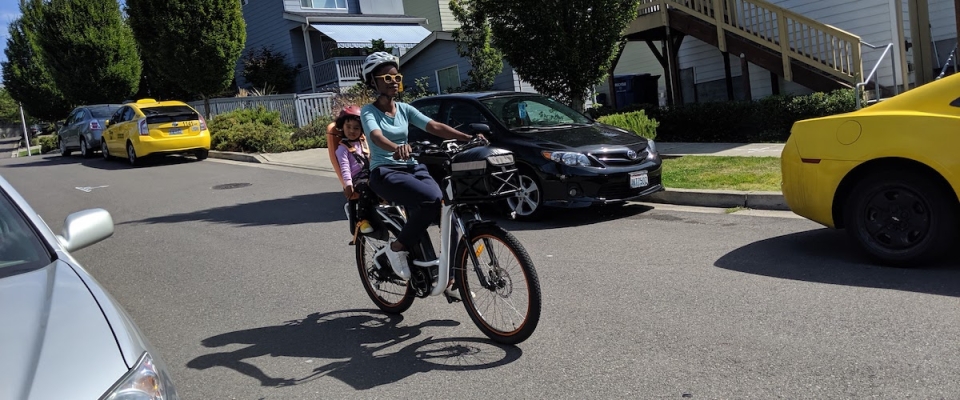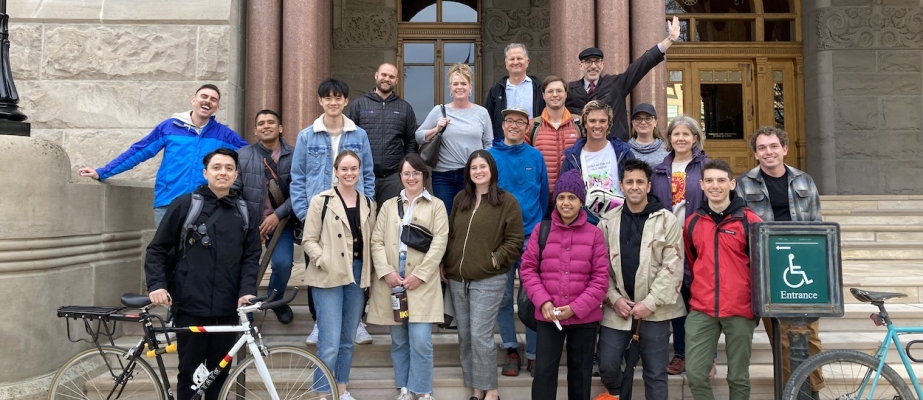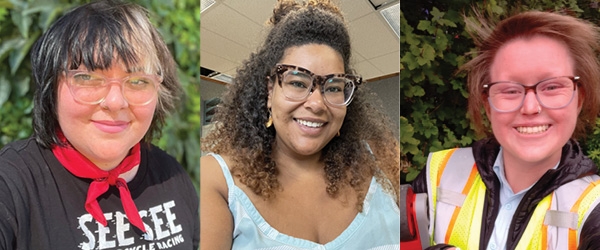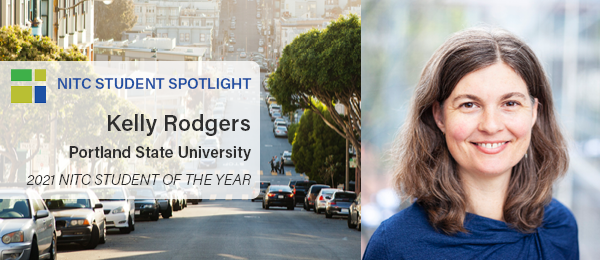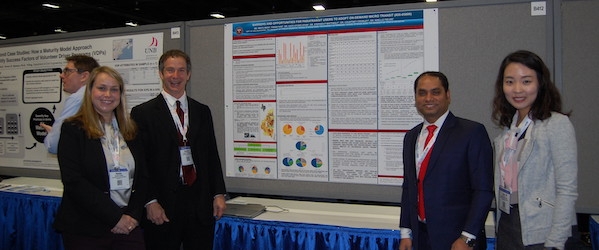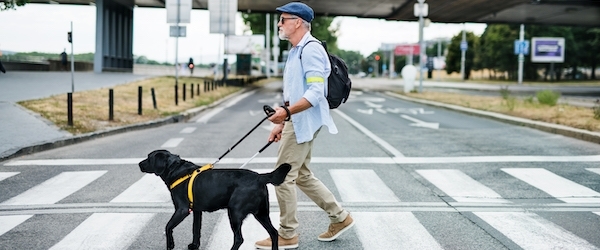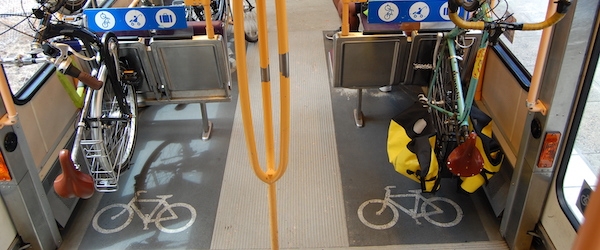In 2020, the COVID-19 pandemic drastically impacted travel for in-person shopping, commute trips, global supply chains, and food business operations. E-grocery pickup and delivery services saw unprecedented expansions in response. The adoption and use of these e-grocery services have implications for equity and mobility. A PSU masters thesis offers insights: "Adoption and Use of E-Grocery Shopping in the Context of the COVID-19 Pandemic: Implications for Transport Systems and Beyond" by Gabriella Abou-Zeid, a 2021 graduate of Portland State University with a masters in civil engineering.
"While the future adoption and use of e-grocery services is uncertain as the COVID-19 pandemic evolves, our analysis revealed a clear impact of the pandemic on e-grocery shopping behaviors, which has impacts for transportation network demand, safety, and equity," Abou-Zeid said.
Enhancing our understanding of the drivers of (and barriers to) online grocery shopping and its potential "stickiness"—or the extent to which e-grocery use will continue at the same or higher frequencies after the pandemic—is a prerequisite for unpacking current and future consequences of this ecommerce sector on people...
Read more
